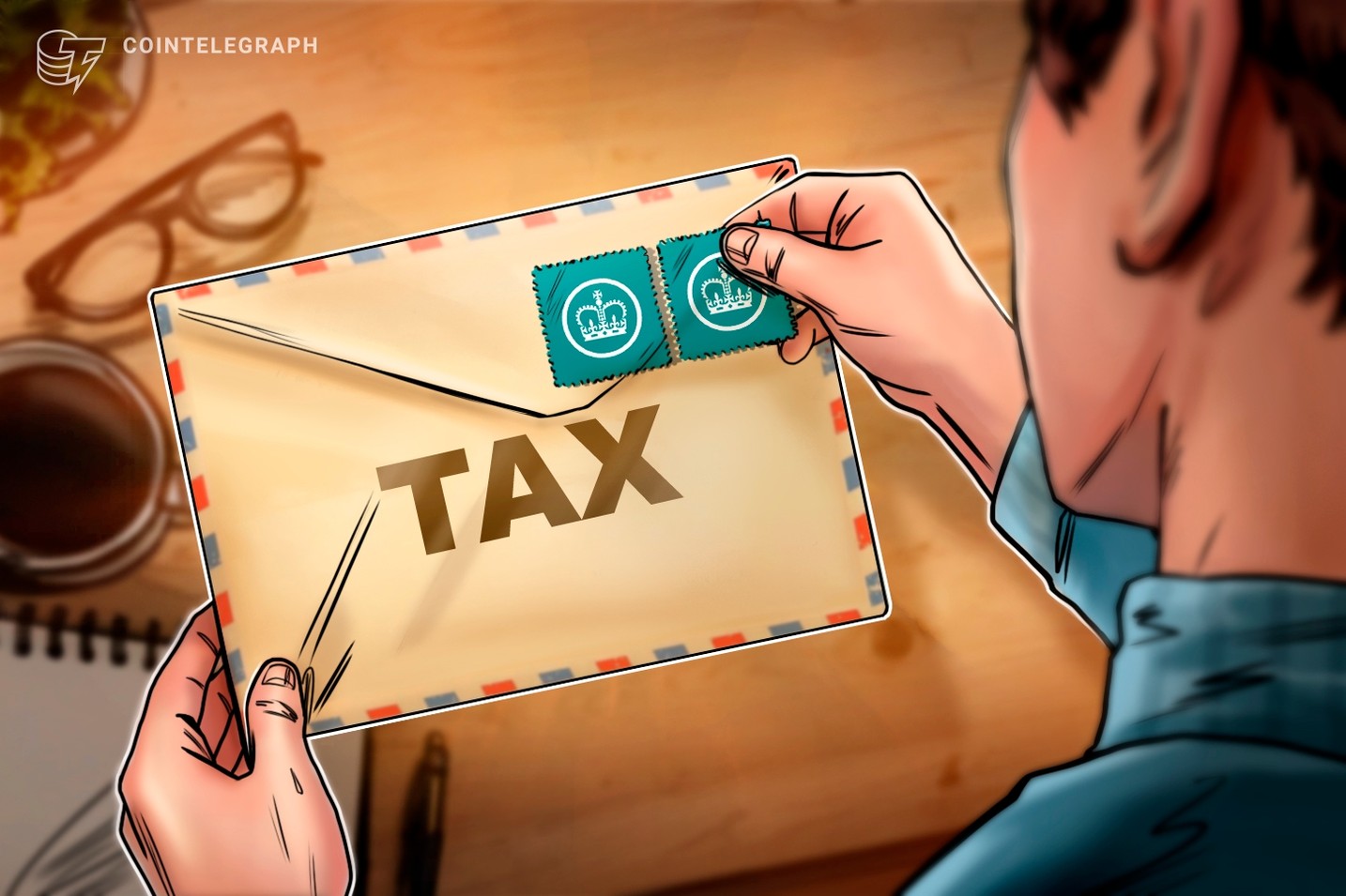
UK cryptocurrency investors might still be liable for taxes even if they haven’t received any warning letters from HM Revenue & Customs (HMRC), as the agency intensifies its focus on tracking unreported digital asset income.
Recently, the Financial Times reported that HMRC sent out close to 65,000 “nudge letters” during the 2024–25 tax year, representing more than twice the amount issued in the previous year. These letters encourage investors to assess their filings and voluntarily declare crypto-related profits before the possibility of audits arises.
However, tax experts advise that with HMRC increasingly relying on exchange data and international reporting agreements, investors who haven’t been notified shouldn’t believe they are not liable for taxes.
“Not reporting cryptocurrency transactions to HMRC is illegal, regardless of whether you’ve been contacted yet,” said Andrew Duca, the founder of Awaken Tax. “So even if you haven’t received a warning letter, the fact that HMRC has issued so many this year should serve as a wake-up call.”
Duca elaborated that HMRC usually detects noncompliance by cross-referencing bank statements, exchange data, and self-assessment forms. Inconsistencies, like unreported deposits or transfers, can lead to letters or formal scrutiny. High earners and those with substantial on-chain portfolios are particularly likely to be monitored as data sharing between exchanges and regulators continues to grow.
Increased HMRC Supervision on Crypto
The UK-based exchanges and those serving customers from the UK are legally bound to supply transaction data to HMRC. With the Organisation for Economic Co-operation and Development’s Crypto-Asset Reporting Framework (CARF) set to commence in 2026, HMRC will gain automatic access to information from international trading platforms.
Duca remarked, “It’s far better to be proactive and report on your activity now, rather than wait for HMRC to pull you up on it.”
He indicated that a taxable event occurs not just when digital assets are converted to pounds, but also when they are exchanged between tokens or generate income via staking, airdrops, or yield farming. Purchases with fiat money or transfers between personal wallets are the only exceptions.
To compute gains, HMRC employs a three-tier “spooling” method. This includes assessing same-day trades first, followed by transactions within a 30-day period, and finally utilizing an average cost for older purchases. For active traders, this method can become complex, so Duca recommends using specialized tax software for crypto reporting.
What Should Investors Do If Contacted?
Duca emphasizes that investors receiving an HMRC letter should seek professional advice promptly. Specialist accountants can assist in preparing accurate transaction records and negotiating with the tax office if any underpayment is discovered. Neglecting to respond may lead to penalties or further inquiry.
“Using crypto tax software will also help you to generate accurate reports of all your activity as accurately and efficiently as possible,” Duca stated. “Lastly, you need to be prepared to pay. If you owe taxes, you’ll need to settle them.”
He also highlighted that decentralized exchanges (DEXs) and cold wallets are not exempt from HMRC reporting obligations. “You are legally required to report on all DEX transactions, cold wallet activity, and hot wallet transfers,” he noted.
In the United States, lawmakers are discussing updates to crypto tax regulations, including potential exemptions for minor transactions and clarifications about the treatment of staking rewards. During a recent Senate Finance Committee hearing, legislators debated whether typical crypto payments should generate capital gains tax and how to appropriately classify income from staking services. Coinbase’s tax vice president, Lawrence Zlatkin, urged Congress to adopt a de minimis exemption for transactions under $300.



